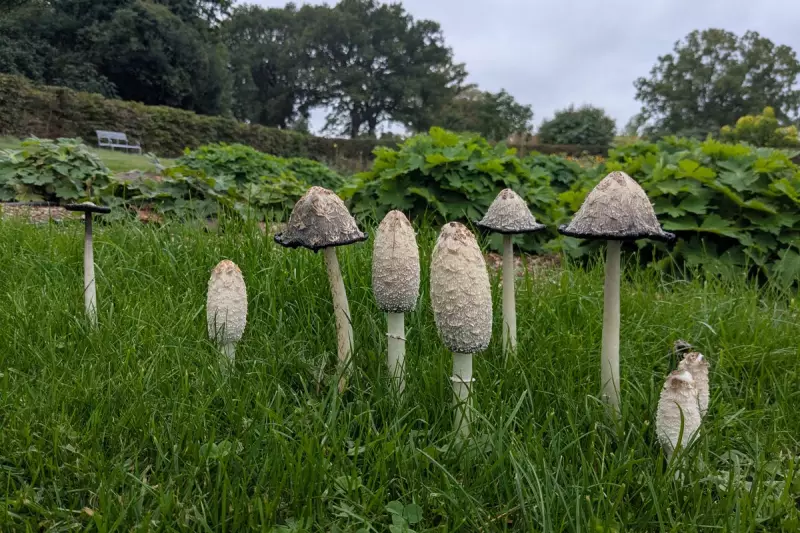
The Royal Horticultural Society has issued an urgent safety alert to gardeners across Britain after multiple poisoning incidents involving dangerous shaggy parasol mushrooms appearing unexpectedly in cultivated garden spaces.
Unexpected Garden Intruders Pose Serious Risk
Experts at the RHS are sounding the alarm after the toxic fungi were discovered growing in gardens at both RHS Garden Harlow Carr in Yorkshire and the flagship RHS Garden Wisley in Surrey. The society's principal plant health biologist, Professor Jassy Drakulic, confirmed several poisoning cases have already been reported to the RHS gardening advice service.
"These mushrooms are turning up where nobody would expect them - in people's gardens, sometimes even growing from patio containers," Professor Drakulic warned. "They're particularly dangerous because they look very similar to edible parasol mushrooms, but can cause severe gastrointestinal distress."
Why Shaggy Parasols Are Deceptively Dangerous
The shaggy parasol (Chlorophyllum rhacodes) presents a significant identification challenge for even experienced foragers. While some people can consume them without issue, they contain toxins that trigger violent reactions in many individuals.
Symptoms of shaggy parasol poisoning typically appear within 30 minutes to three hours after consumption and may include:
- Severe nausea and vomiting
- Intense abdominal cramps
- Profuse diarrhoea
- Dehydration requiring medical attention
Perfect Growing Conditions Create Widespread Problem
Britain's recent weather patterns have created ideal conditions for these toxic fungi to flourish. The combination of warm temperatures followed by substantial rainfall has triggered widespread mushroom fruiting across the country.
Professor Drakulic noted that the mushrooms are appearing in "all sorts of garden situations" from woodchip mulches to lawn edges and container plants. The RHS is particularly concerned because the mushrooms' attractive appearance might tempt inexperienced foragers or curious children.
Expert Advice for Gardeners
The RHS recommends a cautious approach for anyone discovering unfamiliar mushrooms in their gardens:
- Assume all wild mushrooms are potentially toxic unless absolutely certain of identification
- Remove and dispose of any suspicious fungi promptly
- Supervise children and pets in gardens where mushrooms are present
- Consult expert identification resources before considering consumption
- Seek immediate medical attention if accidental ingestion occurs
The society emphasizes that while most garden mushrooms are harmless, the consequences of misidentification can be severe enough to warrant this unusual public warning to the gardening community.





